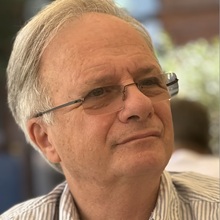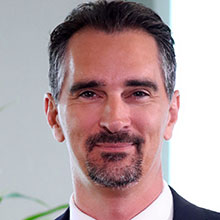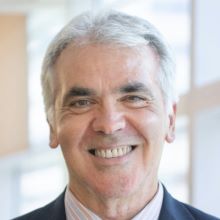- Overview
- Speakers
In this talk, Professor Meghir will discuss his work with Philippe Aghion and Ingvild Almas on human capital and development. The research presents empirical evidence showing that investment in human capital has stalled in most low- and middle-income countries. One reason is that human capital is complementary to physical capital investment, and, consequently, a complete picture would need to consider obstacles to investment more broadly. The work develops a simple model of skill accumulation during childhood and uses it to understand the obstacles to investment in human capital. The authors focus on parents' access to resources, distorted beliefs, and the role of female empowerment. The presentation will then discuss the role of government and the quality of education delivered. It will end with a review of interventions that have been designed to address some of these obstacles.



